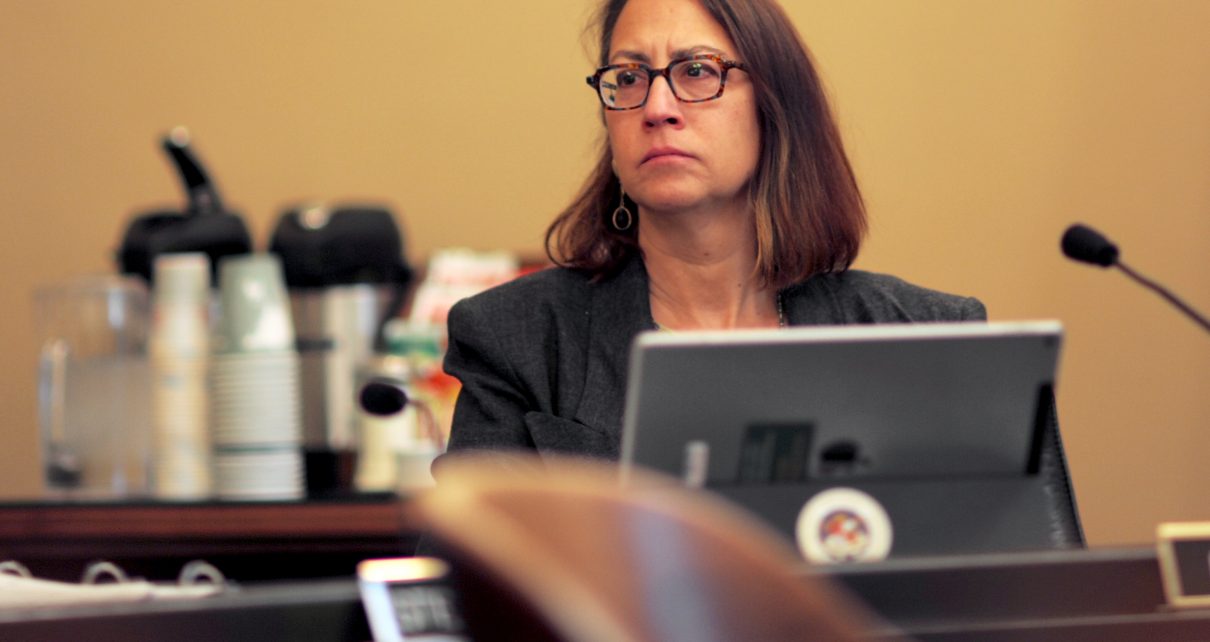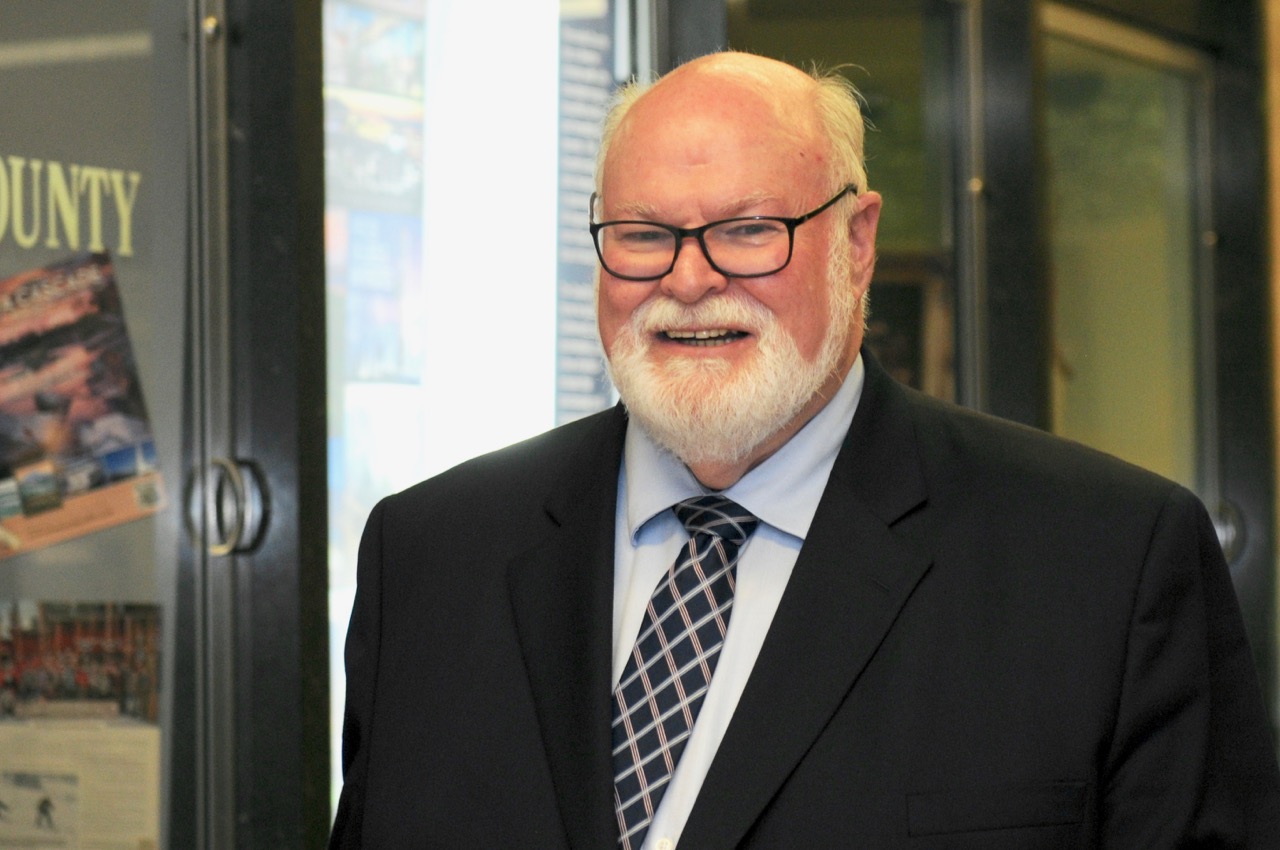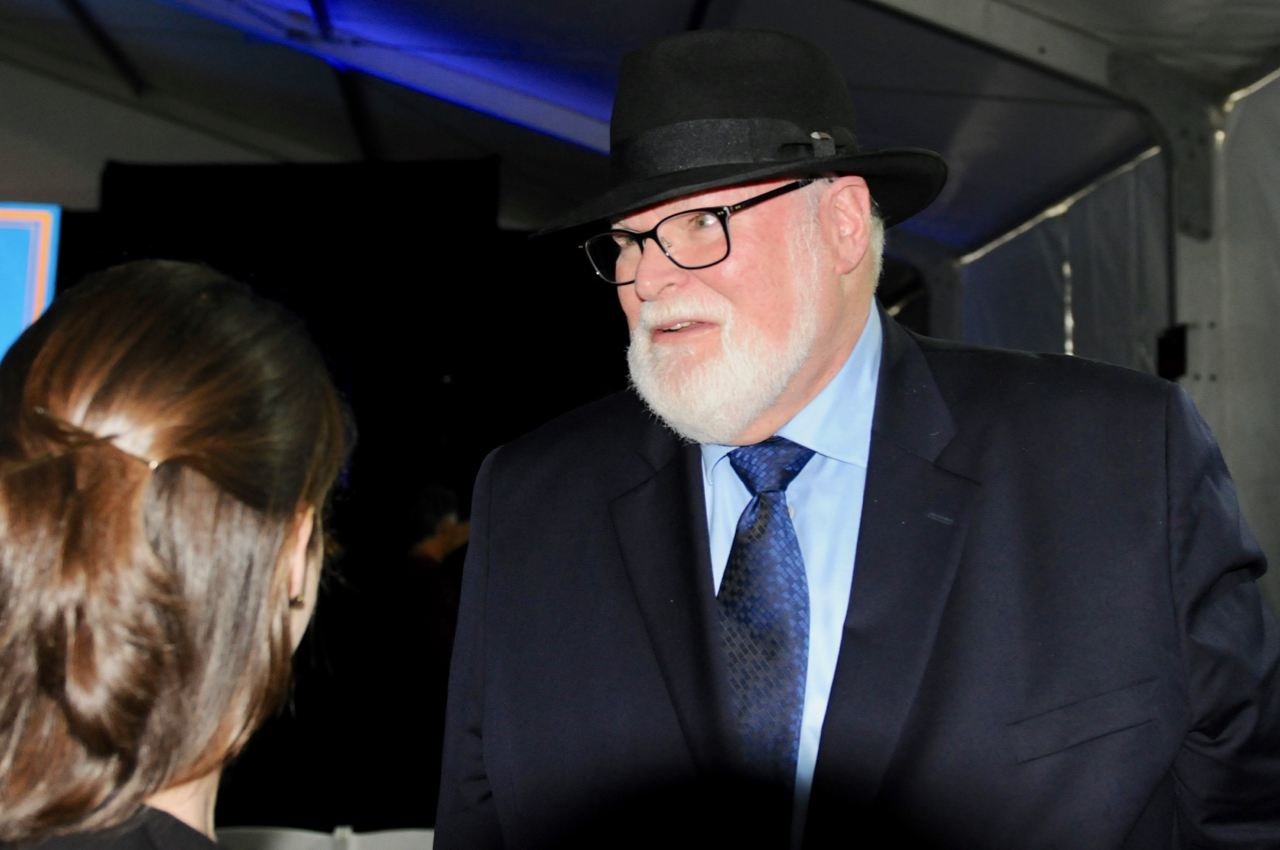
Assemblywoman Laura Friedman. (Kevin Sanders for California Globe)
Bill To Give Foster Children Some Support After Age 21 Vetoed By Gov. Newsom
AB 2189 had been passed unanimously in the Assembly, Senate
By Evan Symon, September 21, 2022 2:30 am
A bill that would have given those in the foster program continued support and services past the age of 21 as a measure to help ease them into adulthood was vetoed by Governor Newsom earlier this week.
Assembly Bill 2189, authored by Assemblywoman Laura Friedman (D-Glendale), would have prohibited jurisdiction from being terminated over a nonminor dependent who has attained 21 years of age until the county welfare department has provided the nonminor dependent that information and those documents and services and, if the nonminor dependent has not secured housing, until the county welfare department has submitted a report to the court verifying that specified requirements have been met. Aid to Families with Dependent Children-Foster Care (AFDC-FC) program benefits would have continued to be given under AB 2189, as well as payments and aid to pregnant youth, such as a clothing allowance for the new child.
Payments to these over 21 beneficiaries would also be automated by the state under the bill.
Assemblywoman Friedman wrote the bill to help foster youth struggling to transition into adulthood by giving them more time on foster benefits and reduce the chances that they fall back into state welfare in the future due to not being ready at the age of 21.
“AB 2189 would support the successful transition to adulthood for those young people who are the responsibility of the state and rely on our child welfare system,” the Assemblywoman said in an op-ed in May. “The bill ensures that foster youth retain access to services and supports regardless of their housing status, including a clothing allowance or payments for pregnant youth, reinforces the framework for county welfare agencies to make intensive and ongoing efforts to ensure youth have housing stability and the items and services that they’ll need once they emancipate from the system and allows the courts to retain jurisdiction over a youth if the county has not fulfilled its obligation under the law.”
“It’s hard enough even when you have family to lean on, but many adolescents under state care do not have dedicated adult guidance, much less anyone to turn to for financial support. For those who age out of foster care at age 21, there is nowhere to temporarily ‘boomerang’ back home if they need a place of refuge as they figure out their path forward. And for those disadvantaged young people, AB 2189 would ensure that they have the backing they need to successfully transition to adulthood.”
“While we may not be able to provide all the support of a solid family, California’s investment in a stronger foster care system can help our children and young adults achieve self-sufficiency and to live more fulfilling lives. And, by doing so, we strengthen our communities and our public health.”
While there were initially some concerns about what the extended benefits would cost, many lawmakers eventually opted to support the bill due to the additional need for the foster youth and how the bill would save the state money in the long run by greatly reducing the number of homeless former foster children and the number of former foster children relying on welfare programs. With 20% of all foster youth descending into homelessness, lawmakers on both sides came together to support the bill. Last month, it passed unanimously 40-0 in the Senate and 77-0 in the Assembly.
AB 2189 vetoed by Newsom
However, the initial costs of additional millions not approved in the budget, as well as numerous policy implementation issues of extending the foster program, spooked Governor Newsom from supporting the bill. On Sunday he vetoed AB 2189 along the same lines as other vetoed bills that day.
“It is important that foster youth receive the services to which they are entitled to help them successfully transition to independence,” the Governor said in his veto message. “I applaud the author’s intent in seeking to ensure those services are appropriately provided prior to the foster youth aging out of the program. However, extending foster care beyond the age of 21 raises policy and implementation considerations. Additionally, millions of dollars will be needed to successfully implement this policy, but were not included in the budget.”
“With our state facing lower-than-expected revenues over the first few months of this fiscal year, it is important to remain disciplined when it comes to spending, particularly spending that is ongoing. We must prioritize existing obligations and priorities, including education, health care, public safety and safety-net programs.”
“The Legislature sent measures with potential costs of well over $20 billion in one-time spending commitments and more than $10 billion in ongoing commitments not accounted for in the state budget. Bills with significant fiscal impact, such as this measure, should be considered and accounted for as part of the annual budget process. For these reasons, I cannot sign this bill.”
Many foster care advocates were disappointed by the veto, with one foster care parent, who wished to remain anonymous, telling the Globe Tuesday, “the Governor did not see the bigger picture here. The state would save money long-term from this. Millions spent now would save tens of millions in the future. Every foster parent will tell you stories about how people under their care failed to graduate from college, or had to go on welfare, or went into homelessness because they didn’t get that final leg of transitionary support. I mean, this should have been a slam dunk bill. It’s compassionate at the same time it will save money. Both Republicans and Democrats loved it. Yet Newsom just didn’t seem to care.”
Governor Newsom is to veto and sign bills throughout September.
- Bill to Require Law Enforcement Disclosure if AI Was Used To Help Write Reports - August 7, 2025
- Gov. Newsom Files FOIA Request To ‘Expose True Cost’ Of L.A. Federal Troop Deployment for Anti-ICE Riots - August 6, 2025
- California Redistricting: How Newsom’s Plan Will Demolish Hard Fought GOP Gains - August 6, 2025




